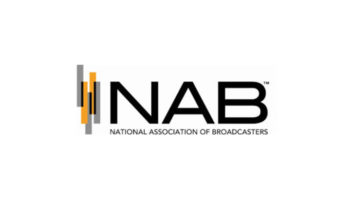Since the collapse of the Soviet Union in 1989, the anti-American propaganda from Moscow hasn’t gone away, it’s just taken on a different form. And, it seems to be escalating. So says the CEO of the Broadcasting Board of Governors John F. Lansing, who recently testified before the Helsinki Commission in Washington about what he called a rise of Russian disinformation around the world, and the BBG’s response to it.
In particular, Lansing described BBG’s launch of Current Time, a 24/7 Russian-language digital network whose goal is to reach out to Russian-speaking peoples in the former Soviet Union, the Russian periphery and elsewhere. The online news service airs daily programs about the United States and global events, including reports on business, entrepreneurship, civil society, culture and corruption.
Produced by RFE/RL in a unique partnership with VOA — another BBG network — Current Time represents the next generation of digital news for BBG, according to Lansing. Viewers access programming in the region on the Current Time website. Individual Current Time programs play on 39 affiliates in 14 countries, but the full 24/7 channel is distributed to at least 23 countries on 59 satellite, cable and digital distributors. The network also develops social media videos and other content, expanding the reach of Current Time and offering alternative sources of information in a Kremlin-controlled environment.
Lansing said, “From Russia and its periphery, to China and East Asia, Iran and the Middle East, to Cuba, Venezuela and large parts of Latin America, audiences are under a disinformation assault from authoritarian regimes and are desperate for credible information. The five U.S. International Media Networks of the BBG fill that void.”
He argues that global freedom of the press is at its lowest point in over a decade. “According to the 2017 Freedom House report on Freedom of the Press, only 13% of the world’s population live in countries with a fully free press. Of the 10 worst offenders — which include Cuba, Iran, North Korea and Syria — all are covered by one or more of the BBG’s networks. In each of these countries, BBG networks challenge limitations on the press and provide alternative sources of news against state- or extremist-sponsored accounts.”
BBG is also launching a counterattack, according to Lansing. “We have deployed a new brand called Polygraph, a joint RFE/RL and VOA website in English to call out Russian lies and educate global audiences on media literacy and how to spot fake news. Within the next few weeks, BBG will launch a Russian language version of this website.”
The BBG has published a full transcript of Lansing’s address to the Helsinki Commission.












